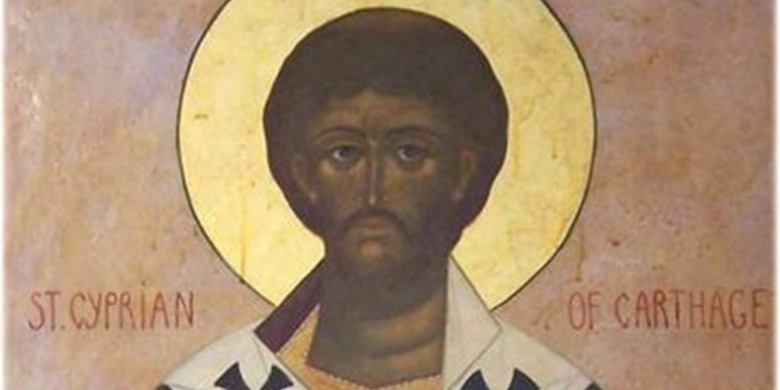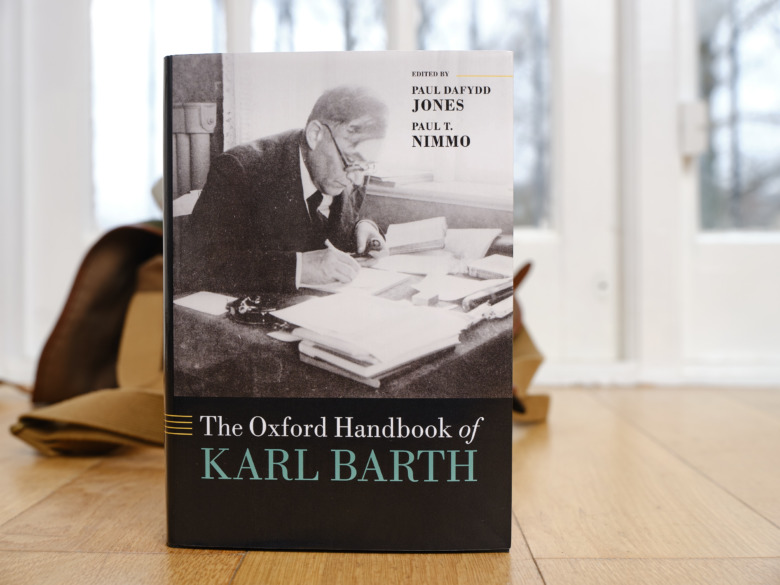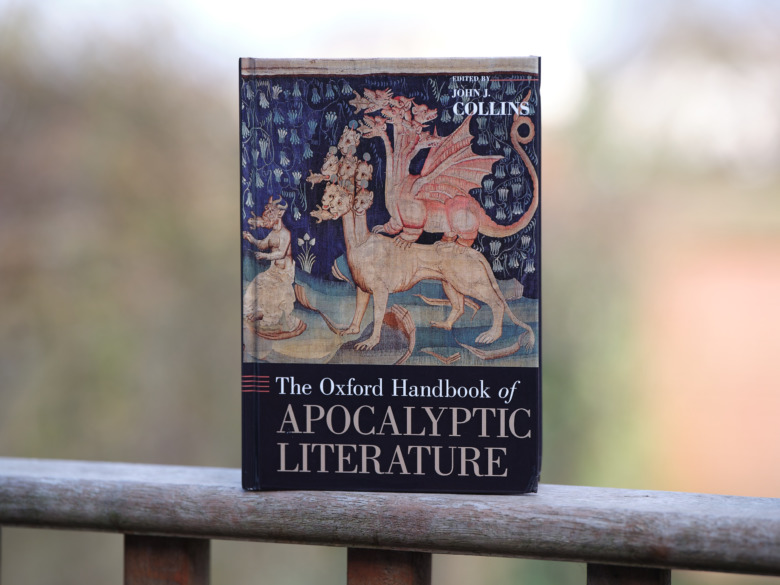By Justin Eimers Introduction The influence of Cyprian of Carthage is felt to this day in some of the doctrines and theologies of the Roman Catholic Church on penance and church unity. Many have believed that because of this influence Protestants...
"While the Handbook is hardly a substitute for the real thing, Barth is a fairly intimidating author."
"There are no better guides to the state of scholarship." - John J. Collins
by Kris Brossett In Part I of Kris Brossett’s series he discussed three views of hell, including Eternal Conscious Torment (ECT), Annihilationism/Conditional Immortality (ACI), and Christian Universalism (CU). In this second section, Kris...
"Thus, the physical body that goes into the ground when buried is the physical body that will be raised up out of the ground one day, albeit changed"
Image source: Wikipedia An Example of Co-Teaching as a Means of Modeling Interdisciplinary Dialogue Eric J. Tully | Trinity Evangelical Divinity School One of the challenges in Christian higher education is navigating the tension between various...
"Good theologians are those who are able to think and speak truthfully about God, to communicate that well and to help others to understand God better through what they do."






